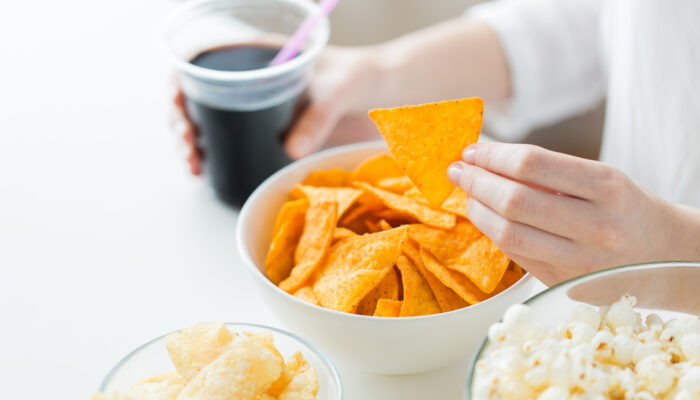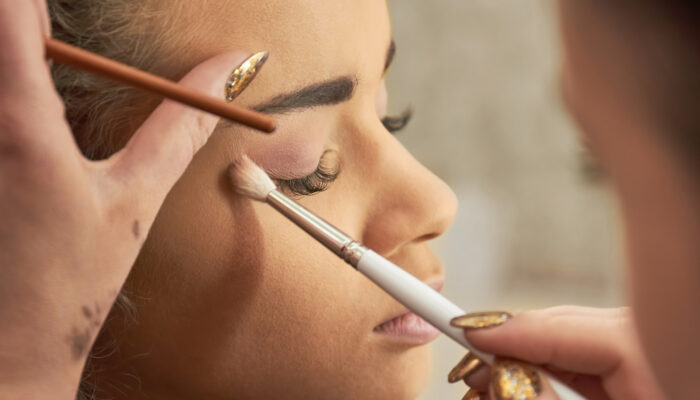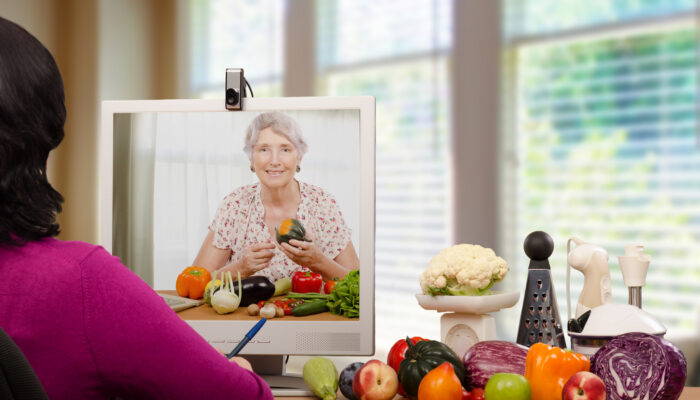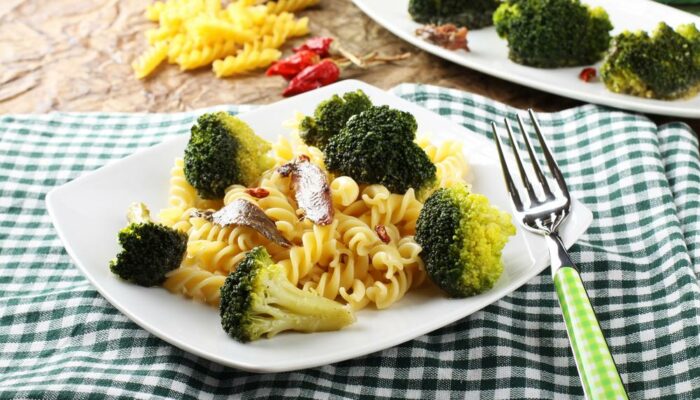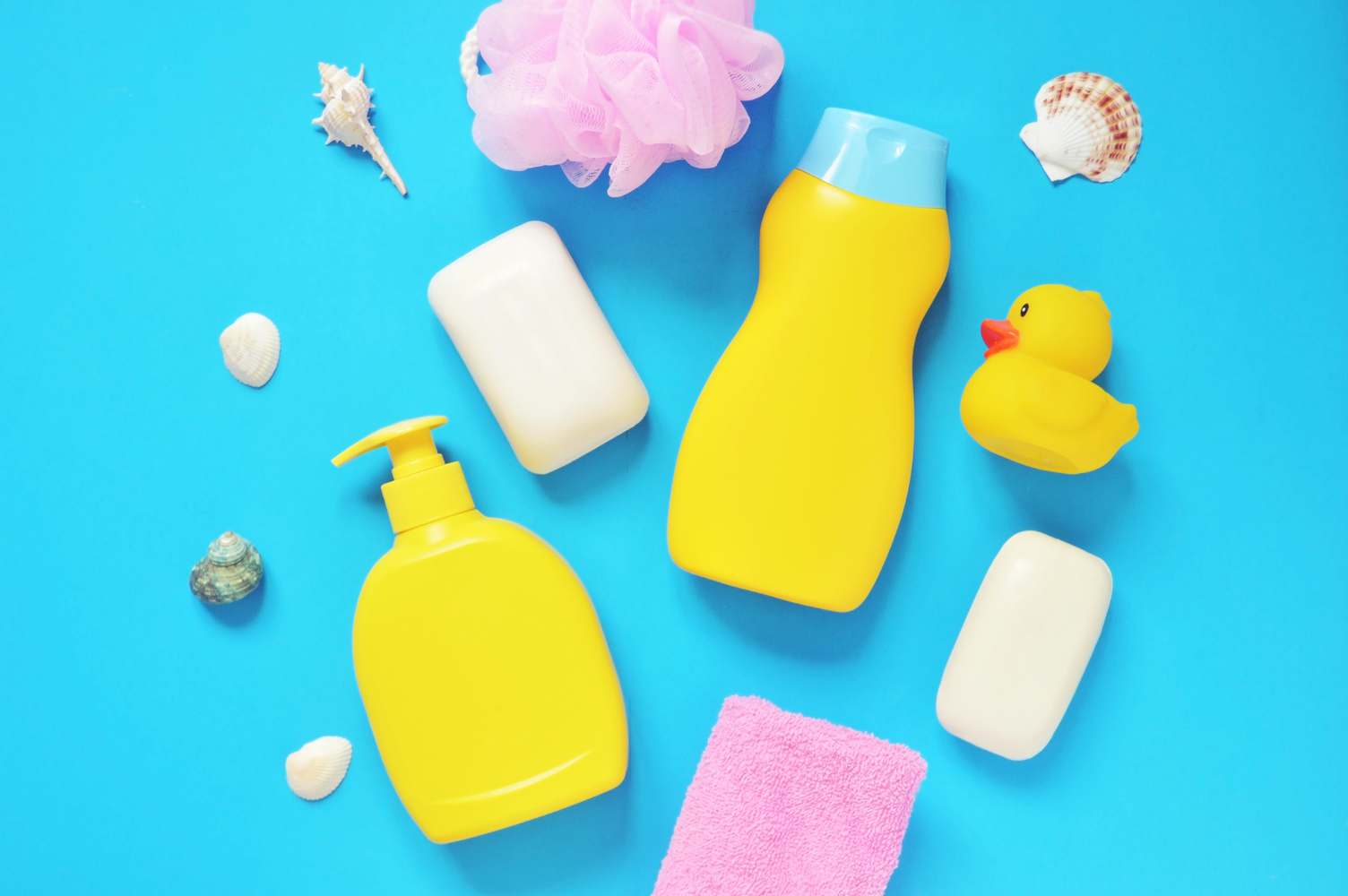
5 Baby Products That Should be Avoided
Welcoming a new baby is an exciting and emotional time in many families’ lives. Along with the joy of meeting your little one comes the responsibility of caring for and providing for their needs. Unfortunately, some products marketed for this purpose can be dangerous. From uneven cribs to toxic soaps, here are five baby gadgets that parents should avoid when stocking up for their precious newborns:
1. Baby cribs made from manufactured wood
When it comes to baby cribs, avoid ones made from manufactured wood, such as plywood, chipboard, and Medium Density Fiberboard (MDF), as they are not strong or sturdy enough to keep your infant safe while they sleep. This type of wood breaks down easily over time under the weight of an infant or toddler, risking injury or death if the structure collapses when they’re inside it without you noticing first! Manufactured wood pieces such as plywood and MDF can also have dangerous levels of formaldehyde and are often treated with glues, stains, and sealants with toxic chemicals like ammonia, methylene chloride, and toluene.
2. Infant walkers
Contrary to popular belief, infant walkers are not recommended since babies’ motor skills aren’t developed enough at that age, so they don’t have the spacial awareness or leg strength if they happen to get to close to large objects like kitchen counters, corners of furniture, or steps leading downstairs. Walkers can place babies at risk of severe injuries from falls or bumping into things with the walker itself! They have been linked to concussions and fractures that can cause permanent disabilities.
3. Crib tents
These devices are intended to keep infants contained inside their cribs, but instead create additional hazards due to entrapment risks associated with strings attached around the tent structure itself. Crib tents should be avoided altogether by opting for something else that is designed specifically for keeping babies secure inside their sleeping environment such as padded guardrails that fit around the top edges of their bed frame instead!
4. Baby soaps containing phthalates
We often think of soap as harmless, but many commercially produced baby soaps contain a chemical called phthalates that can be absorbed through the skin. Phthalates have been linked to various health conditions with long-term exposure, such as hormonal disruption and cancer. In addition, they have been found to bioaccumulate in the body, meaning that exposure over time can potentially lead to long-term damage. Instead of using baby soaps, you should opt for unscented and uncolored soap that contains natural ingredients such as glycerine and coconut oils. This can be used with a phthalate-free lotion to create a moisturizing skin routine for babies.
5. Memory foam baby mattresses or mattress toppers
Memory foam is not approved for use in infant beds due to potential suffocation risks associated with its soft surface and foam density. In addition, mattress toppers can push an infant up too far off the firm surface beneath them, which could also lead to suffocation or trapped oxygen in their sleeping environment—a significant safety hazard for infants who need plenty of fresh air when sleeping on their backs. Baby mattresses can only be approved by the United States Consumer Product Safety Commission (CPSC) if they have a firm surface at least 1 inch thick, so parents should avoid using baby mattresses or mattress toppers with memory foam when choosing a new infant bed.
As a parent, it’s important to recognize the potential hazards of using the above baby products. While the CPSC doesn’t regulate every product on the market, they have standards for cribs and mattresses that parents should be aware of and choose more closely when selecting their baby’s sleeping environment.
